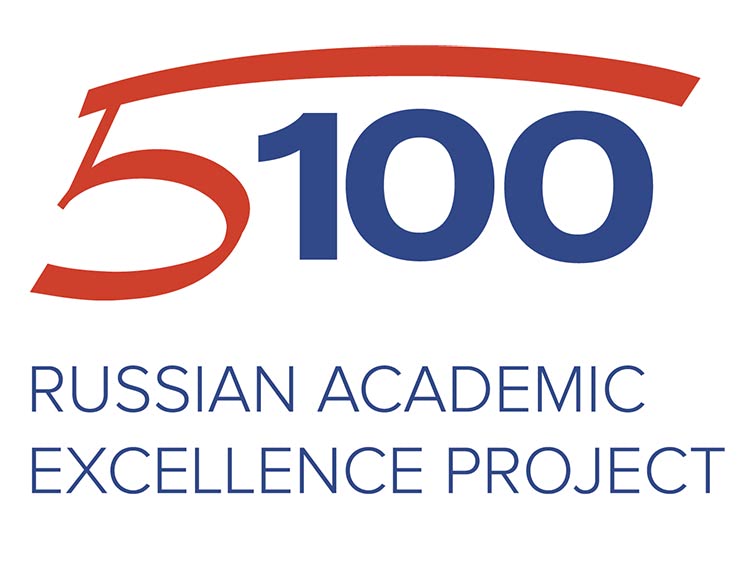Top Universities’ Staff and Alumni Make It onto Forbes List of Most Influential Young Russians

Project 5-100 universities’ personnel and graduates figure on Forbes’s first-ever 30 Under 30 Russia list
Earlier this month, Forbes has launched its inaugural 30 Under 30 Russia list that features entrepreneurs, managers, scientists, sportspeople, artists and other Russians aged 30 or less who have gained industry recognition and made a name for themselves at home and abroad.
The list has 10 categories: Arts, Entrepreneurs, Fashion and Design, Investments, Management, Music and Cinema, New Media, Science and Technologies, Social Entrepreneurs, and Sports and Esports.
According to Forbes, the honorees were chosen among Russians under the age of 30 who have won industry recognition and are personally competitive in the national or international marketplace.
When Forbes put out its first 30 Under 30 list in 2011, there were 360 winners from the US and Canada in 12 categories. By now, 5,000 young people from all over the world have appeared on such lists, with the total number of categories increasing to 20.
The Science and Technologies section of the first 30 Under 30 Russia list features Aleksey Fedorov, a pioneer of quantum-secured blockchain technology which aims to render verification and storage of data relating to financial, commercial and other transactions resistant to quantum computer attacks. He now leads the Quantum Information Technologies project at the Russian Quantum Center and is also employed by the National Center of Technological Initiative for Quantum Communications which NUST MISiS, a Project 5-100 participant, launched in 2018. Project 5-100 is a government-run initiative designed to make Russia’s premier universities more competitive globally.
Technological giants of the ilk of Google, Microsoft and IBM are pouring hundreds of millions of dollars into quantum information research. Quantum-secured blockchain is a forward-looking tool for creating distributed ledgers whose records are virtually impossible to alter or tamper with, due to the laws of physics. MISiS’ Center for Quantum Communications is working to provide just such solutions. Russia’s first center of this caliber, it currently houses five laboratories. One of their goals, as Aleksey Fedorov explains, is to make quantum-secured systems cheaper, smaller and more efficient.
Project 5-100 universities are represented on the 30 Under 30 Russia list not only by their staff but also by their alumni. Thus, the Entrepreneurs category features Skyeng co-founder George Solovyev, a MIPT graduate. Launched in 2012, Skyeng has evolved into one the world’s most popular online English language school. It offers customized tutorials delivered via a proprietary interactive platform, Vimbox, which uses built-in AI algorithms to design tailored learning paths that are suited to each student’s grammar proficiency, active and passive vocabulary, etc. Skyeng was valued at $100 mln in 2018, a record price tag for a Russian-based educational technology company.
Another former MIPT student, Konstantin Vinogradov, is a winner in the Investments category. He is currently a senior associate at Runa Capital, a venture capital firm, which hired him as soon as he had earned his BSc. Konstantin Vinogradov points out that his task of finding a job was made easier by the practice-oriented education he was getting. At MIPT, as its graduates emphasize, one can both study basic sciences at a Physics, Mathematics or ICT department, and pursue applied engineering under high-tech company researchers and experts at specialized departments which the university’s business partners help found, equip and run.
MIPT authorities confirm that they attach considerable importance to students’ interaction with industry experts. The aim is to ensure a gradual progression from theory to practice that would see third-year students engaged in research or even working for a tech company.
Russian Minister for Science and Education Mikhial Kotyukov has earlier said that graduates should not only be clear about their career directions but also have the knowledge and skills to remain competitive in the job market for a long time. Could this be a recipe for more young people affiliated with Project 5-100 universities making their way onto the Forbes 30 Under 30 list?











Responses